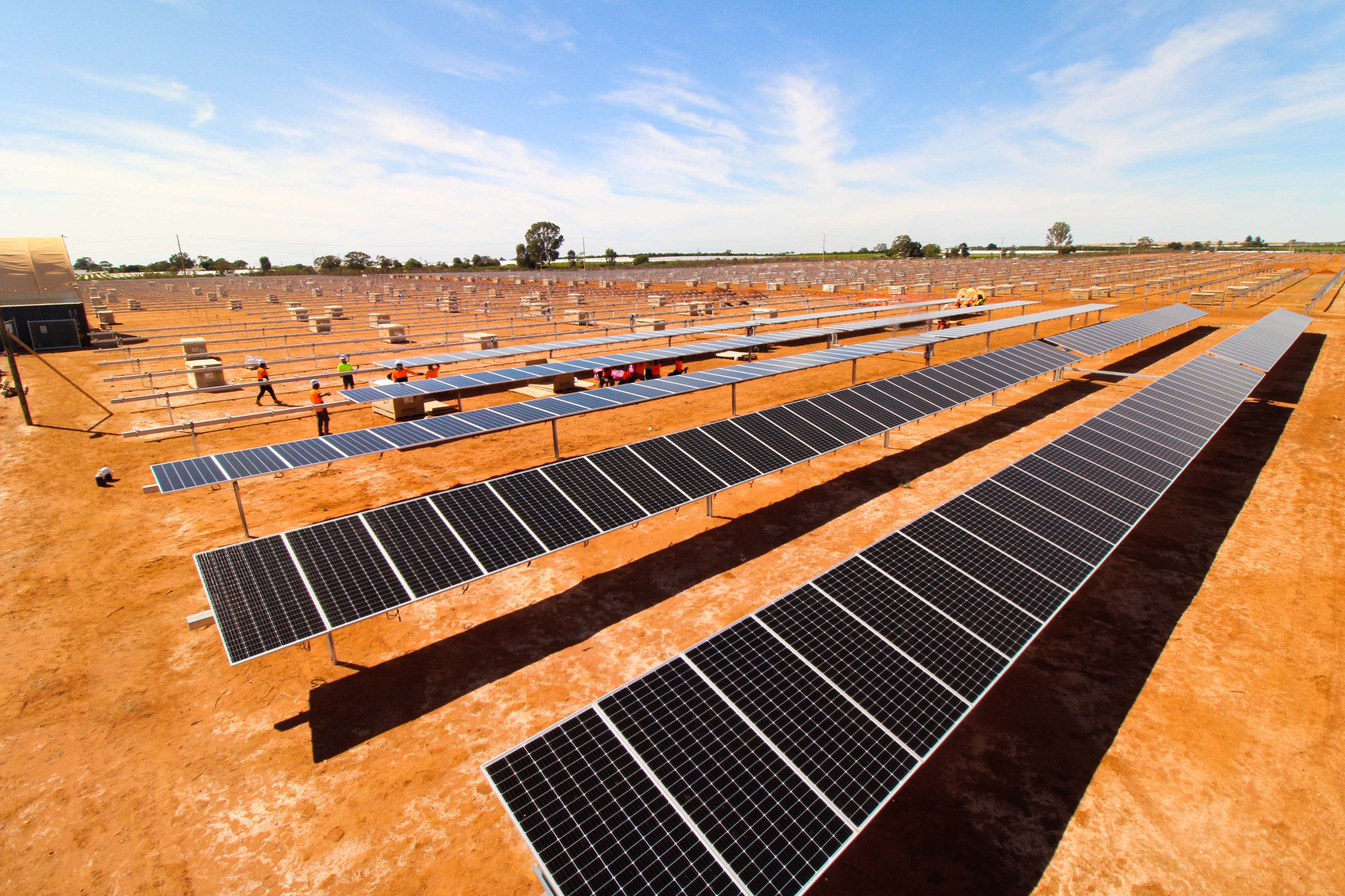ESGs poised to become mainstream

Promoted by Australian Solar Investments Limited
Different from solely ethical or sustainable investments, ESGs are a holistic measure for companies and poised to become mainstream.
In a recent note to CEOs and stakeholders, Larry Fink the CEO of Blackrock, the world’s largest asset manager caused quite a stir by stating that “Climate Risk is Investment Risk”. He went on to say that “Our investment conviction is that sustainability- and climate-integrated portfolios can provide better risk-adjusted returns to investors. And with the impact of sustainability on investment returns increasing, we believe that sustainable investing is the strongest foundation for client portfolios going forward.”
Blackrock is putting sustainability at the centre of their investment approach and asking the companies they invest in to recognise the impact and purpose of their companies on stakeholders. In our opinion, Blackrock has demonstrated that ESG factors are now critical to their investment process.
What is ESG?
ESG - Environment, Social and Governance - in the investment context, are core issues which have the potential to impact upon a company’s financial performance or reputation. Issues, which are typically excluded from traditional investment analysis. Relevant issues of ESG include those with ability to affect the long-term risks and returns to shareholders.
Analysing these factors is an important way to assess the social impact and sustainability of an investment. Examples of these ESG issues that can be taken into consideration include:
- Energy consumption and its source
- Greenhouse gas emissions
- Externalities such as pollution
- Supply-chain risk management
- Gender diversity and equal employment opportunity
- Employee productivity and safety issues
- Community health and well-being issues
- Independent board leadership
- Excessive or poorly structured CEO and executive remuneration
Why popular and why now?
According to the Australian Financial Review, ESG investment opportunities have significantly increased over the last two years. after a fairly stagnant decade – leading experts predict ESG is about to go mainstream. Why now? It’s becoming increasingly evident that investors are seeking to align their long-term investment strategy (including SMSFs) to their underlying personal beliefs and values. Concerned about climate change - invest in renewable energy. Worried about the under-representation of women in executive roles - invest in companies that actively participate in gender diversity. CEO earnings keeping you up at night - invest in organisations which offer full transparency, fair and accountable executive compensation. The choice is in the hands of the investor to make decisions and investments which make them comfortable. In the long term the potential, the risks, and the alignment are with their values.
Investing in companies, projects and opportunities that tick the boxes in terms of environment, social and governance is becoming more and more important. This is opening up new products in the markets as well as putting established products on notice to change or be left behind. People are now, more than ever, prepared to put the money where their values are.
According to Investopedia, “In recent years, as younger investors, in particular, have shown an interest in putting their money where their values are, brokerage firms and mutual fund companies have begun to offer exchange-traded funds (ETFs) and other financial products that follow ESG criteria. Robo-advisors such as Betterment and Wealthfront have also used them to appeal to these investors. According to the most recent report from US SIF Foundation, investors held $11.6 trillion in assets chosen according to ESG criteria at the beginning of 2018, up from $8.1 trillion just two years earlier.”
What benefits do ESG investments provide to SMSFs?
ESG investments typically offer opportunities that have really considered the risks and potential over environmental, social and regulatory issues. This allows SMSFs to invest knowing that the future and the risks (as well as yields) have been adequately considered. At the heart of many decisions to set up and run an SMSF is control - to control who is a part of the fund, to control who is trustee of the fund, to control what, when, where investments are made. And, this is where ESGs can be a great fit for SMSFs - they allow trustees and fund members to make investments in line with, not only financial objectives, but their conscience.
SMSF Strategies
In line with ATO requirements, SMSFs should have an investment strategy in place and have regard to diversification. The investment strategy also needs to consider the risks involved in making, holding and realising, and the likely return from the fund’s investment.
With these criteria in mind and with sustainability at its core, Australian Solar has designed a sustainable investment product for SMSFs that provides a low to medium risk with a strong 7% yield. If your SMSF clients are yet to have an ESG investment in their portfolio this is a massive opportunity to make such an investment that offers a solid yield.
Australian Solar - an ESG investment opportunity
Now here’s where it gets really interesting - Australian Solar offers the best of both worlds - a ESG investment in the renewable energy sector that has been specifically designed for Self-Managed Superannuation Funds - low risk, low investment minimum, solid yields.
Download our Prospectus to learn more
Warren Murphy, Chairman
Warren is a senior executive with over 20 years of experience in the energy and finance sectors. He has been a member of numerous investment committees and audit and compliance committees for public companies and for funds. He led the team that created Australia’s largest renewable energy company, Infigen Energy (and its unlisted predecessor, Global Wind Partners) where he served as a director for over seven years. He has also served on a number of public company boards, both listed and unlisted, including Coogee Resources Limited and Sydney Gas Limited. He is currently a director of Carbonxt Group Ltd.





